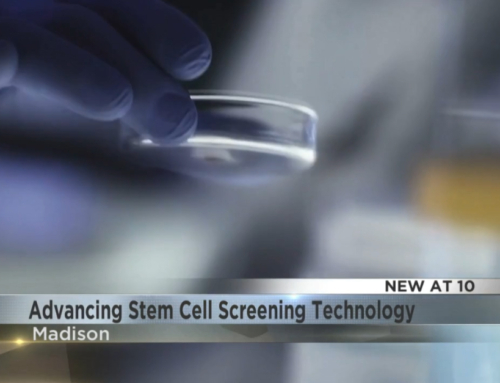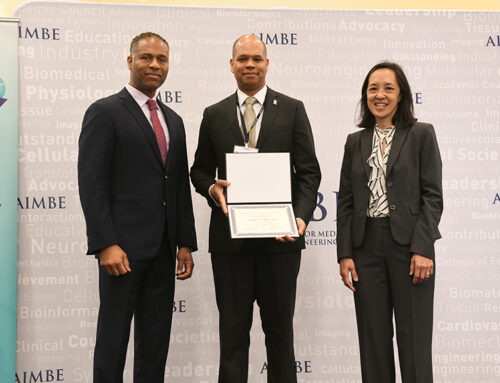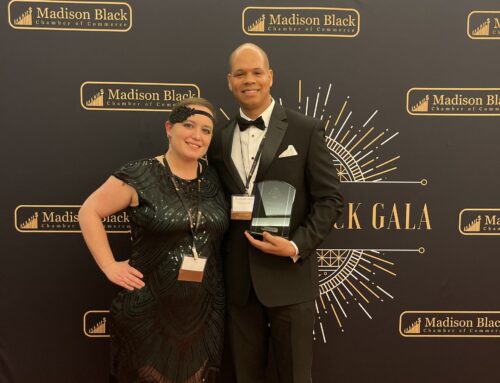Read about Neurosetta in the University of Wisconsin-Madison News:
Stem cell technology developed at UW–Madison leads to new understanding of Autism risks
Technology developed at the University of Wisconsin–Madison to grow “rosettes” of brain and spinal tissue gives scientists new ways to study the growing human brain, including a recent study of how genetic mutations linked to autism affect early stages of human brain development.
It’s the latest discovery using RosetteArray technology, a screening tool that uses stem cells to generate embryonic forebrain or spinal cord tissue structures called neural rosettes. Neural rosettes are the starting material for generating human stem cell-derived neural organoids — clusters of cells that resemble larger, more complex organs — and can be used to assess whether different genetic makeups or exposure to chemicals increase the risk of neurodevelopmental disruptions.




